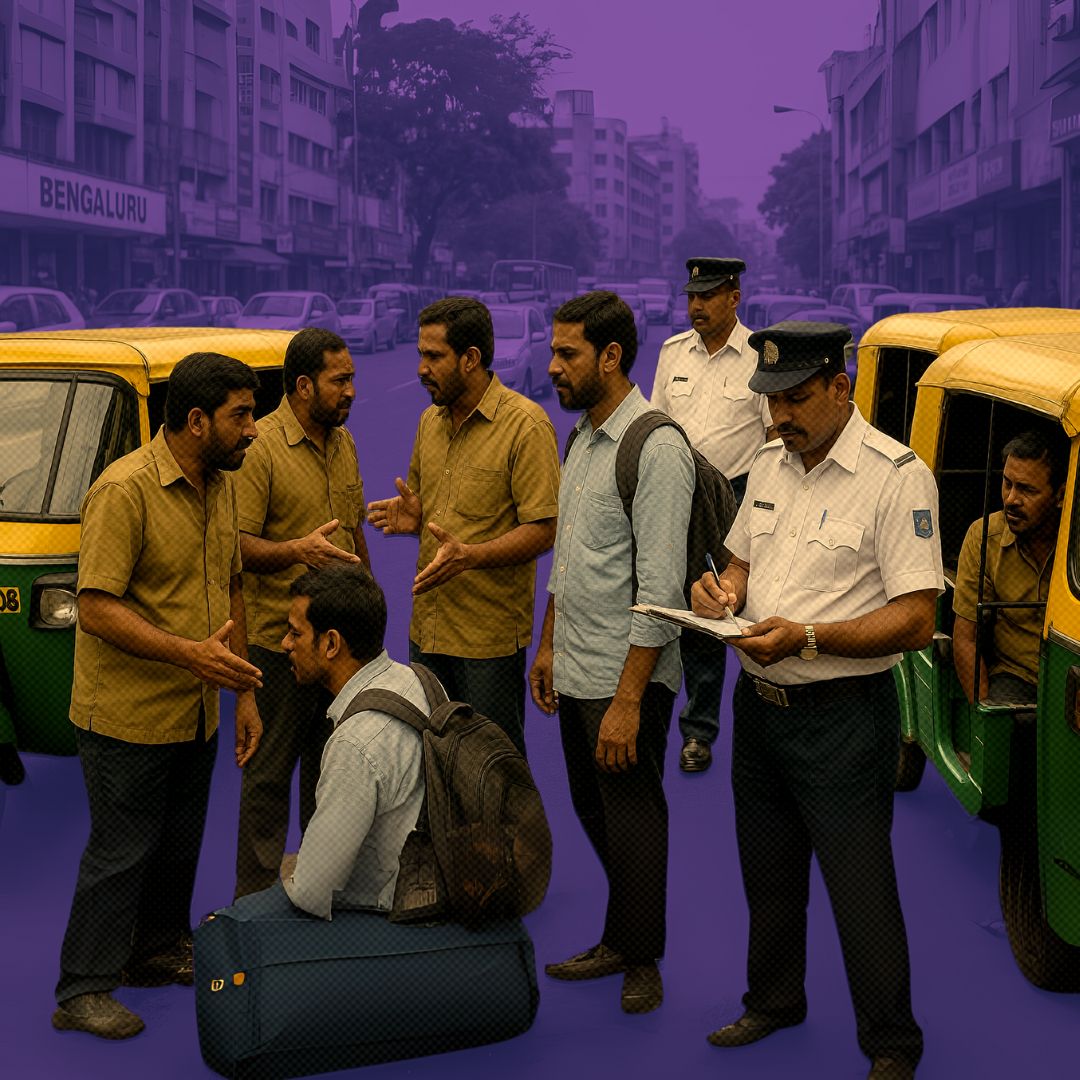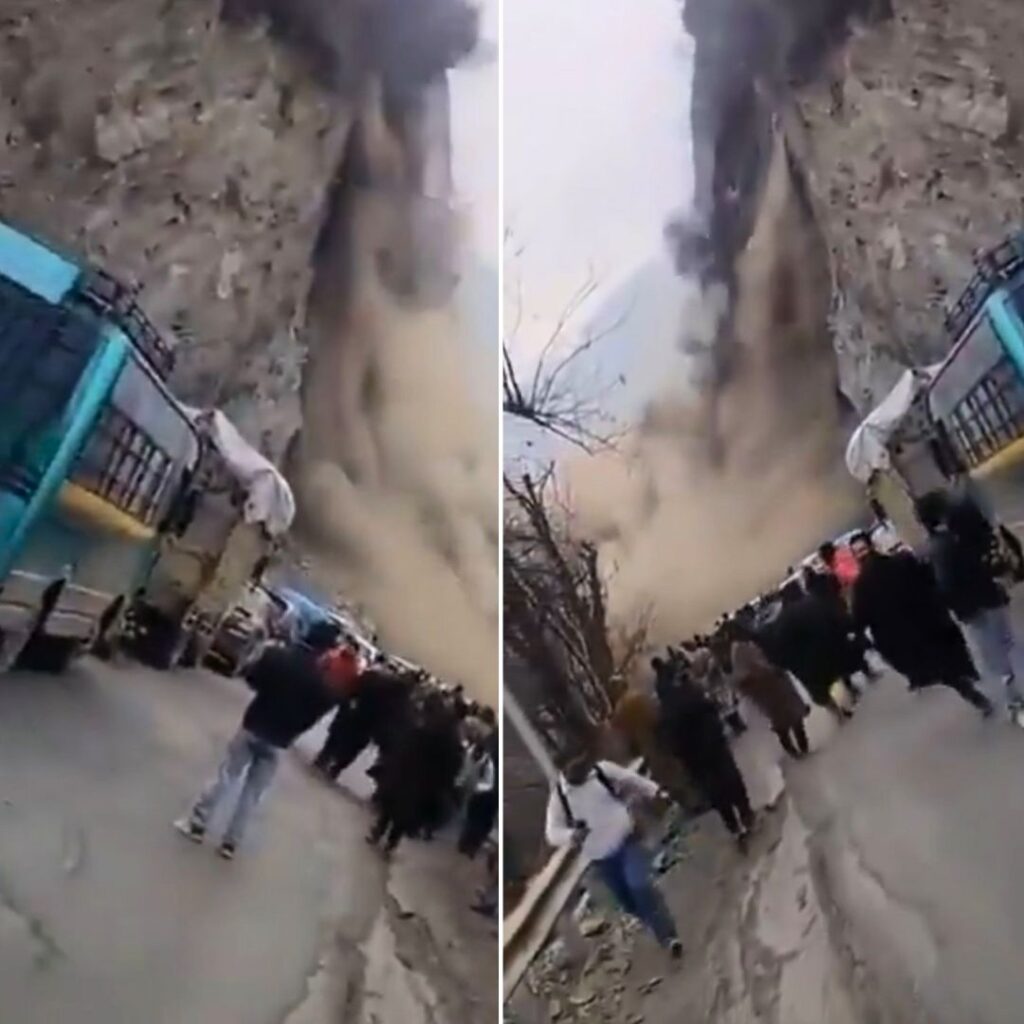Bengaluru authorities launched an extensive crackdown on June 30 targeting autorickshaw drivers who were charging fares above the government-mandated rates or operating illegally. The operation involved 22 special investigation teams deployed across all 11 Regional Transport Offices (RTOs) in the city.
Over 300 cases were registered, and more than 99 autorickshaws were impounded as a result. This move comes in response to a surge in passenger complaints following the government’s recent ban on bike taxis, which caused a spike in demand and fares for autorickshaws.
Transport officials confirmed that verification of complaints was done by directly interacting with passengers before taking action, underscoring the administration’s commitment to fair pricing and legal compliance.
Crackdown Intensifies with Passenger Verification and Widespread Enforcement
The citywide enforcement drive began at 8 am and continued throughout the day, covering key RTO jurisdictions including Bengaluru South, West, Central, and outer areas like Devanahalli and Chandapura. Bengaluru South RTO led the enforcement with 48 cases and 18 vehicles impounded, closely followed by Rajajinagar and Jayanagar RTOs, which also reported high numbers of violations.
Additional Transport Commissioner (Enforcement) C Mallikarjuna elaborated on the process, stating, “Our teams verified complaints directly with passengers to confirm the distance travelled and fare charged. Only after confirming fare violations as per the Regional Transport Authority’s fixed rates did we proceed with filing cases.”
The penalties for offenders include fines up to ₹4,000 and possible cancellation of permits. Officials also found many vehicles operating without valid fitness certificates or permits, further justifying impoundments. The Transport Department has pledged to maintain this strict oversight to protect commuter interests.
Background: Impact of Bike Taxi Ban and Rising Fare Complaints
This crackdown follows the Karnataka government’s decision on June 16 to ban bike taxis, a move that was intended to regulate the city’s transport ecosystem but inadvertently increased pressure on autorickshaws. Since the ban, commuters have reported a sharp increase in autorickshaw fares, with some app-based services charging as much as ₹184 for a 4 km ride—far above the government-fixed fare of ₹30 for the first 1.9 km and ₹15 for each subsequent kilometre.
Many passengers described the situation as “daylight robbery,” prompting widespread outrage and calls for government intervention. Transport Minister Ramalinga Reddy condemned these practices, calling them “unforgivable” and directed authorities to take stringent action, including cancellation of permits and filing criminal cases against repeat offenders.
The department has also urged commuters to insist on metered fares and report violations through official helplines and apps to ensure accountability.
The Logical Indian’s Perspective
The Logical Indian applauds the Bengaluru Transport Department’s proactive approach in addressing the growing concerns of unfair fare practices and illegal operations in the autorickshaw sector. This crackdown is a vital step towards safeguarding commuter rights and restoring confidence in public transport.
However, it is equally important to balance enforcement with empathy towards drivers, many of whom face economic challenges and rely on fair earnings to sustain their livelihoods.
Transparent fare structures, regular monitoring, and open dialogue between authorities, drivers, and commuters can help foster a more equitable and efficient urban transport system. As Bengaluru continues to evolve as a smart city, how can stakeholders collaborate to ensure that public transport remains affordable, reliable, and fair for all?











